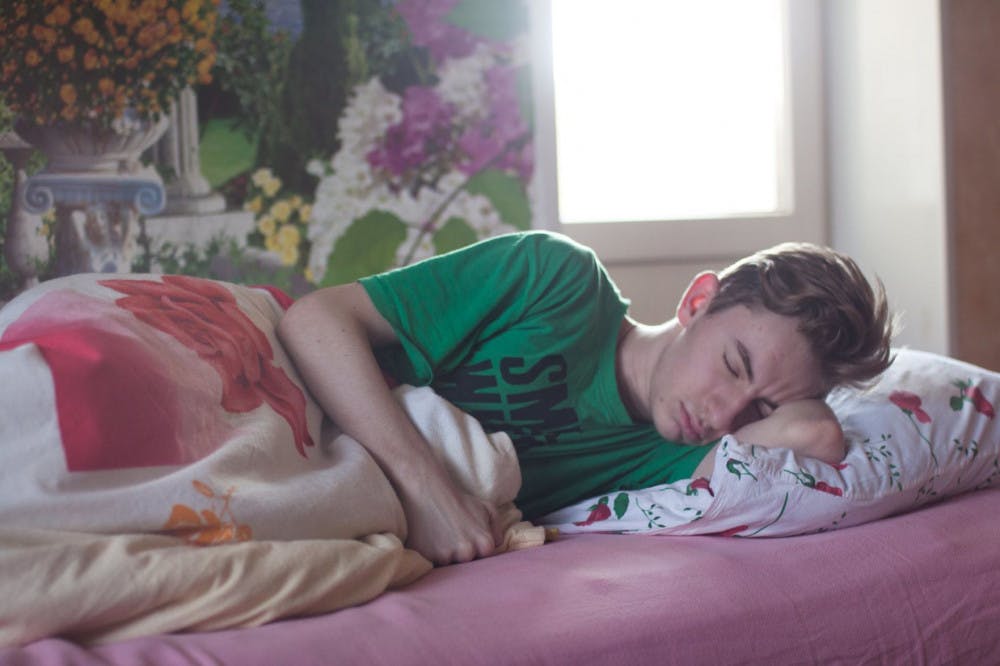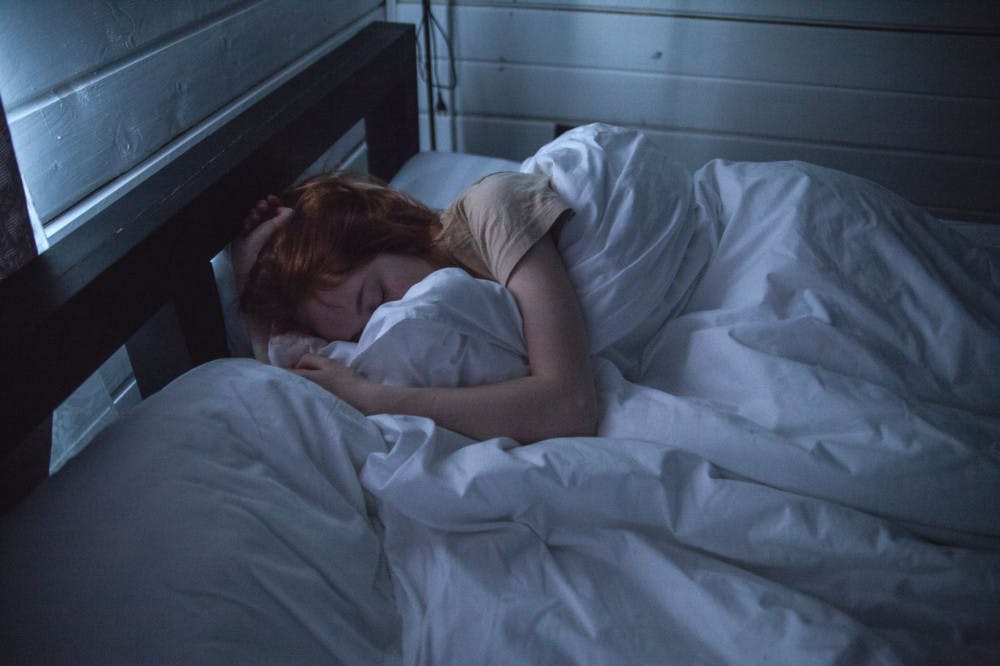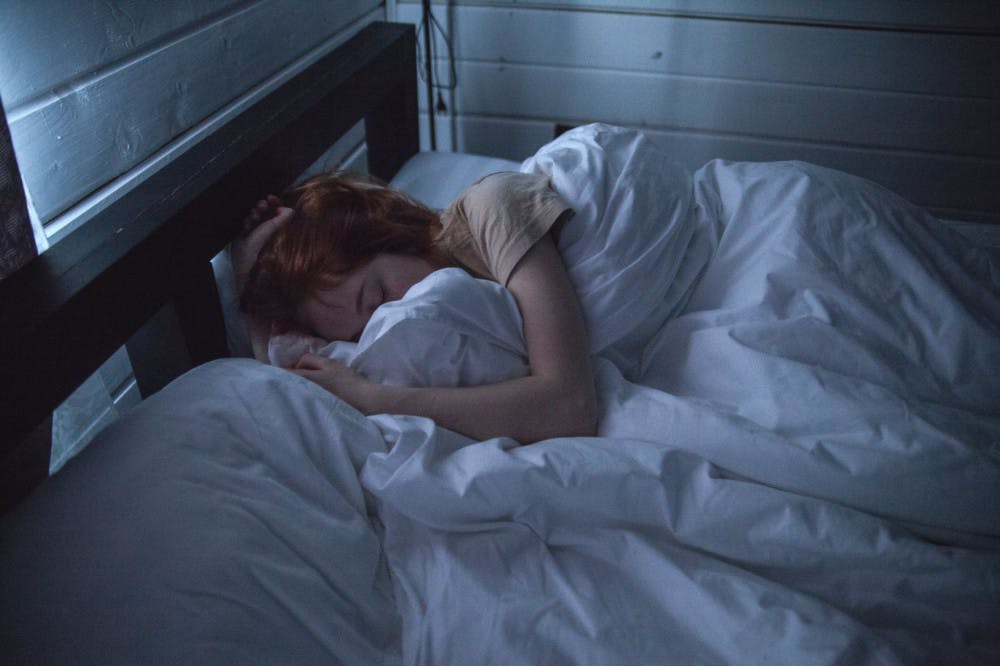
College students who do not have a consistent sleep schedule tend to receive lower grades than students who do, according to a study conducted by Scientific Reports.
College students who do not have a consistent sleep schedule tend to receive lower grades than students who do, according to a study conducted by Scientific Reports. The study also created concern about the quality and the quantity of sleep students get, as well as their sleep environment.
For this study, Harvard College students kept sleep diaries for 30 days. Researchers, including the study’s author, Andrew Phillips, concluded every 10 point increase on the study’s sleep-regularity index resulted in a 0.1 increase in the student’s GPA.
The study showed that both regular and irregular sleepers received about the same number of sleeping hours. However, irregular sleepers have a delayed release of the sleep hormone melatonin, according to Phillips. Phillips also said the human body runs on a circadian clock, which means when sleep is irregular the clock is thrown off.
The study showed the importance not only of sleeping regularity, but the importance of the quality and quantity of sleep that students get.
Megan Petrov, an assistant professor at the College of Nursing and Health Innovation at Arizona State University and sleep expert, highlighted the other aspects affecting students’ academic success.
“It’s a pervasive issue that’s been around for some time,†Petrov said. “Most college students report at least some sleepiness. Learning to deal with sleep can be a lot of trial and error.â€

Megan Petrov, a sleep expert, said the transition from high school to college can be dramatic. college can be dramatic. Petrov also said some students have a difficult time being responsible for their own sleeping schedule when they get to college.
Petrov said the transition students face from high school to college can be dramatic. Petrov also said some students have a difficult time being responsible for their own sleeping schedule when they get to college.
Education on sleep is an important step to students’ success Petrov said. She said sleep problems are not inevitable.
“Understanding a regular sleep schedule and how much sleep we should be getting, 7-9 hours, is the first thing students need to learn,†Petrov said. “Then, behavioral change is the best solution, not prescription pills.â€
Cognitive behavioral therapy is the leading method of treating insomnia, according to the American College of Physicians. If students still have trouble sleeping after practicing good sleep scheduling, it is recommended that they seek medical advice on possible psychological stressors causing bad sleep, Petrov said.
The UofM Counseling Center is located in Wilder Tower and is available for students who have sleeping problems or need help identifying the cause of poor sleeping habits.
“Dorms don’t always promote the best lighting or social environment for quality sleep,†Petrov said. “But changing your sleep can be very easily done and could really boost your GPA.â€
“I play Xbox too much, so my sleep schedule fluctuates 100 percent,†said Logan Peterson, a junior accounting major at the University of Memphis. “It affects my participation in class. I’ll start dozing off during the second class of the day.â€
Peterson said he thinks he would do better in the classroom if he changed his sleeping habits. He recognized his poor sleeping habits but did not think it was a chronic issue.






